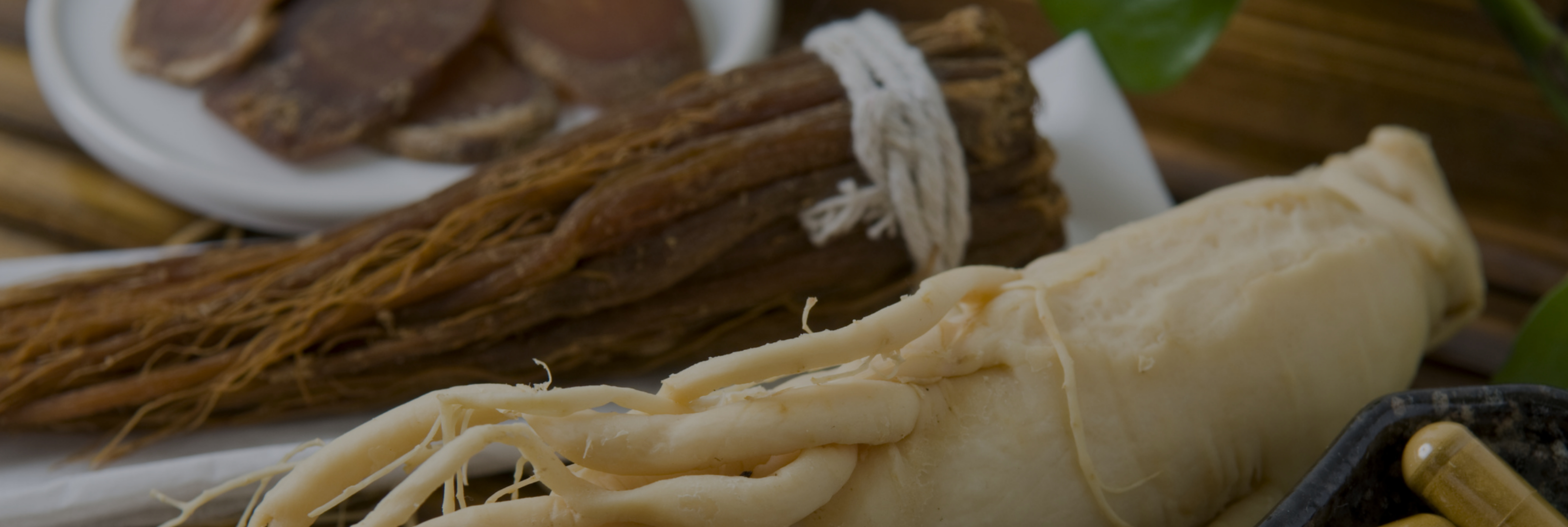Acerola is a small fruit which is one of the best sources of nutrients. This superfruit has what it takes in terms of nutrients. In particular, its vitamin C content is a reference for the nutraceutical industry. This calls for a brief overview.
Acerola is a fruit from a shrub and is native to tropical areas in South America and the Caribbean. The botanical name is Malpighia glabra. This evergreen shrub grows multiple small flowers. In its place grow small 1 to 2 centimetres in diameter ovoid fruits.
Acerola strongly resembles cherries, giving it the nick name "Barbados cherry", "Antilles cherry” or “country-cherry”. It should be noted that Brazil is a world leading acerola producer. The superfruit is then exported across the world for different applications, and particularly for making high vitamin C content food supplements.
The benefits of acerola are not a recent discovery. The Amazonian Indians were the first to notice the huge beneficial potential of this superfruit. They consumed it notably to fight against certain forms of diarrhoea, dysentery and liver disorders.
Upon their arrival in South America, the Spanish conquistadors developed a keen interest in the properties of acerola. Sailors quickly became accustomed to drinking the juice to prevent a common disease on-board: scurvy. Over the centuries this deadly disease due to vitamin C deficiency has disappeared but the benefits of acerola continue to be a real hit nowadays.
Acerola is the best natural source of vitamin C for the nutraceutical industry. As proof, quickly check out The United States Agricultural department data base (USDA). The vitamin C level of acerola is 30 times greater than in reputed fruits like oranges. This superfruit has other nutritional properties: levels of vitamin A, vitamin B group and minerals (iron, calcium, phosphorous, potassium and magnesium).
Looking for natural vitamin C for a nutraceutical application? Acerola is undoubtedly an ideal reference. It is commonly used for developing new products containing vitamin C (capsules, effervescent tablets, shots, beverages, etc.). It is also used for reformulating old references. Offered as an alternative to synthetic vitamin C, acerola extract is notably an ideal ingredient to meet the growing demand of increasing numbers of consumers for naturalness.
Discover our acerola extracts product range at our botanical ingredients e-shop.

CEO & Partner Natural Origins - Head of Innovation





Leave a comment